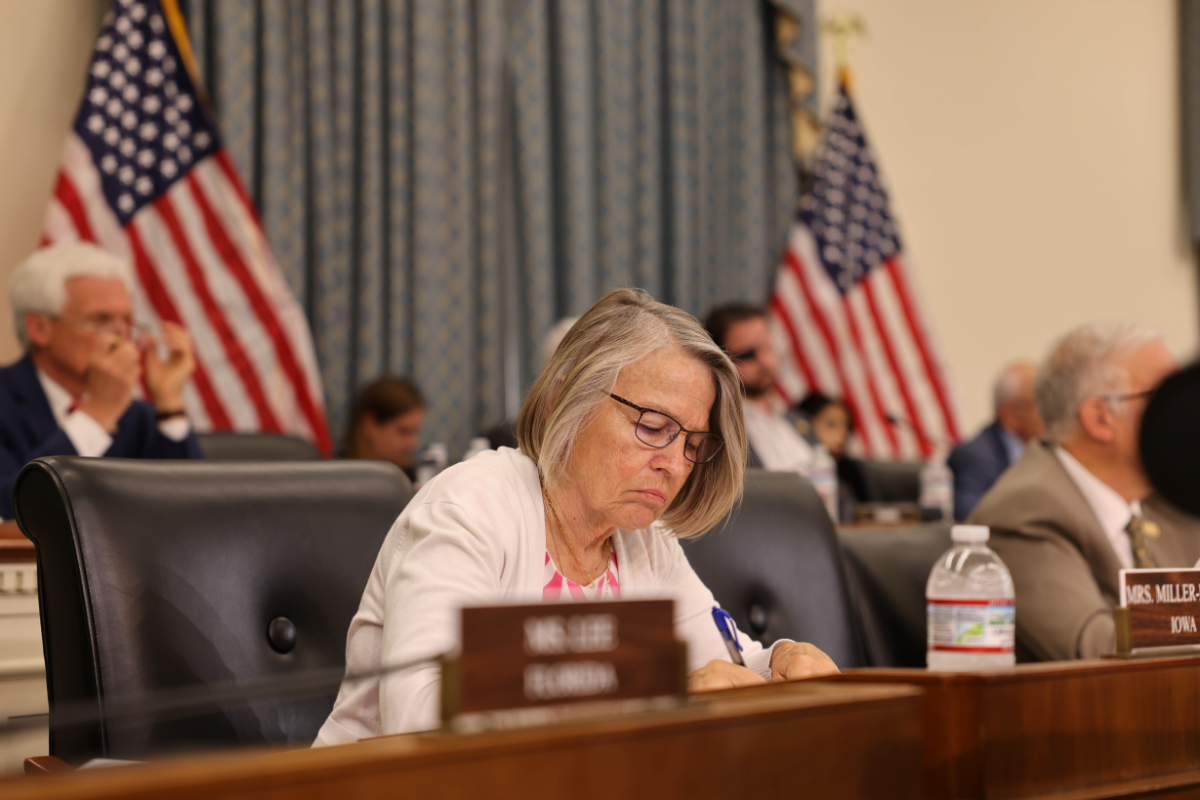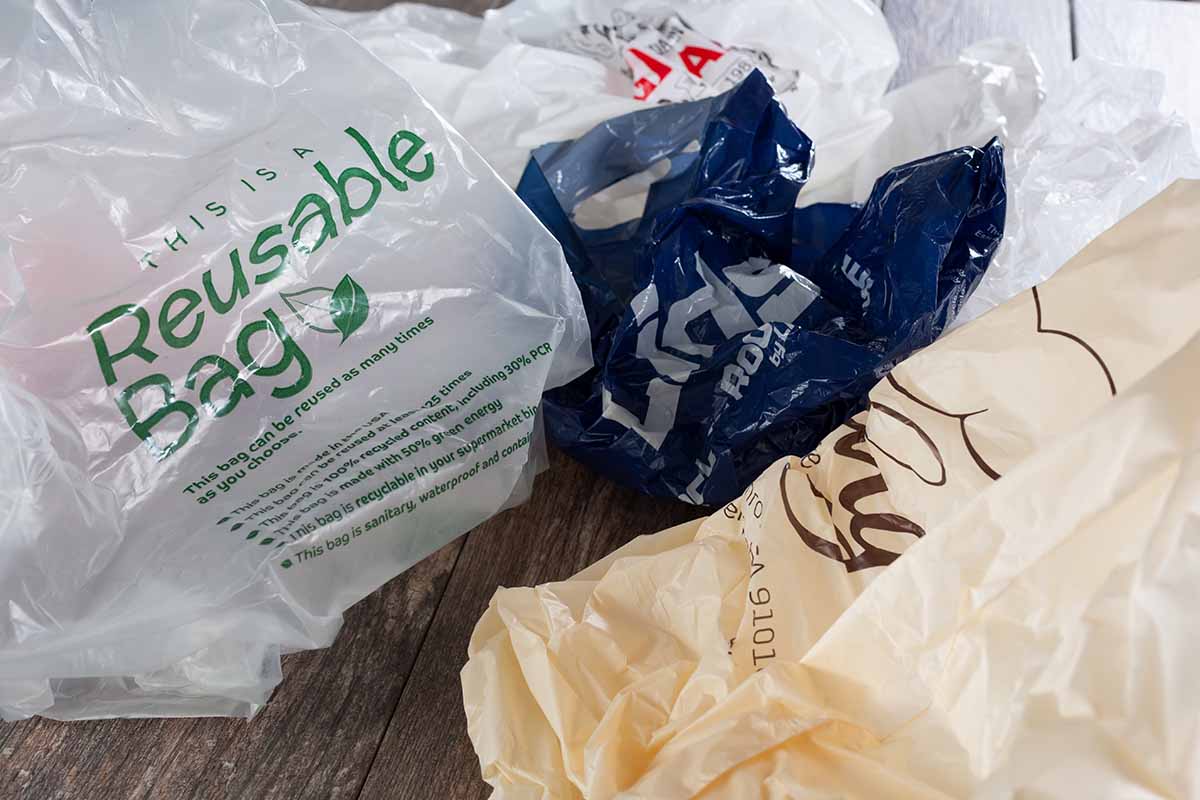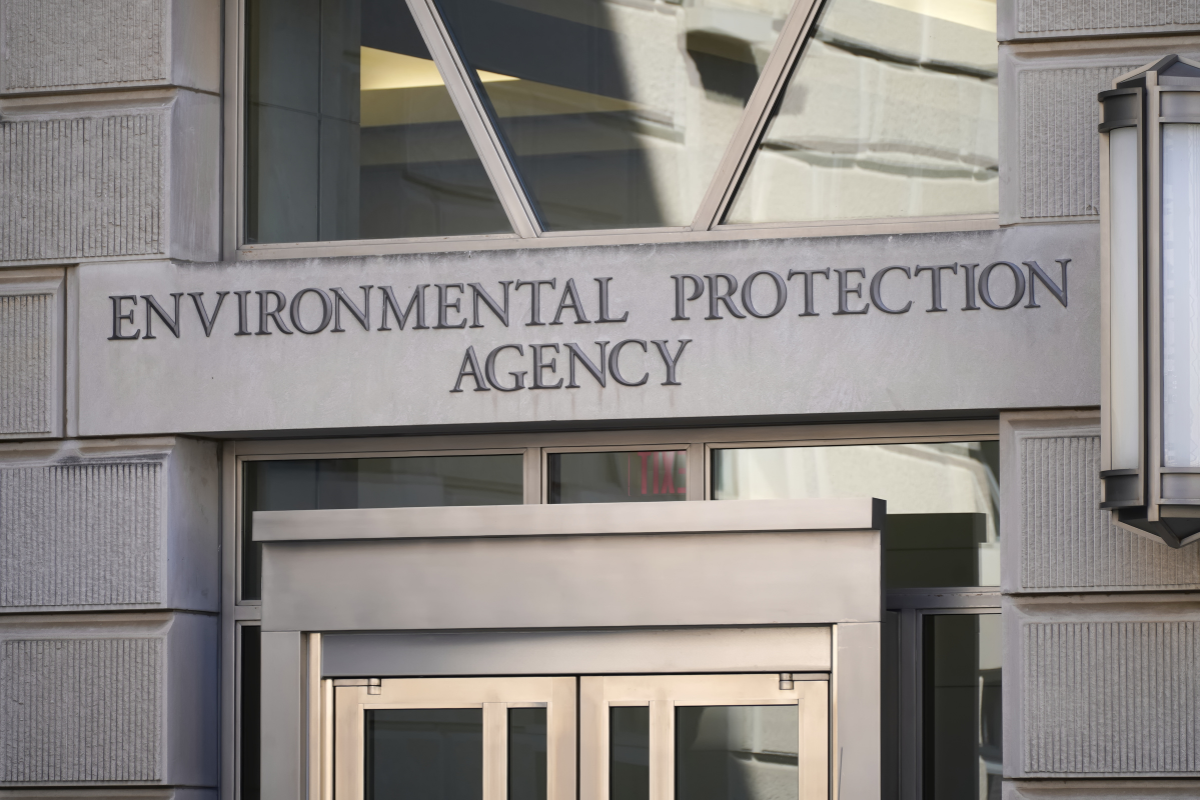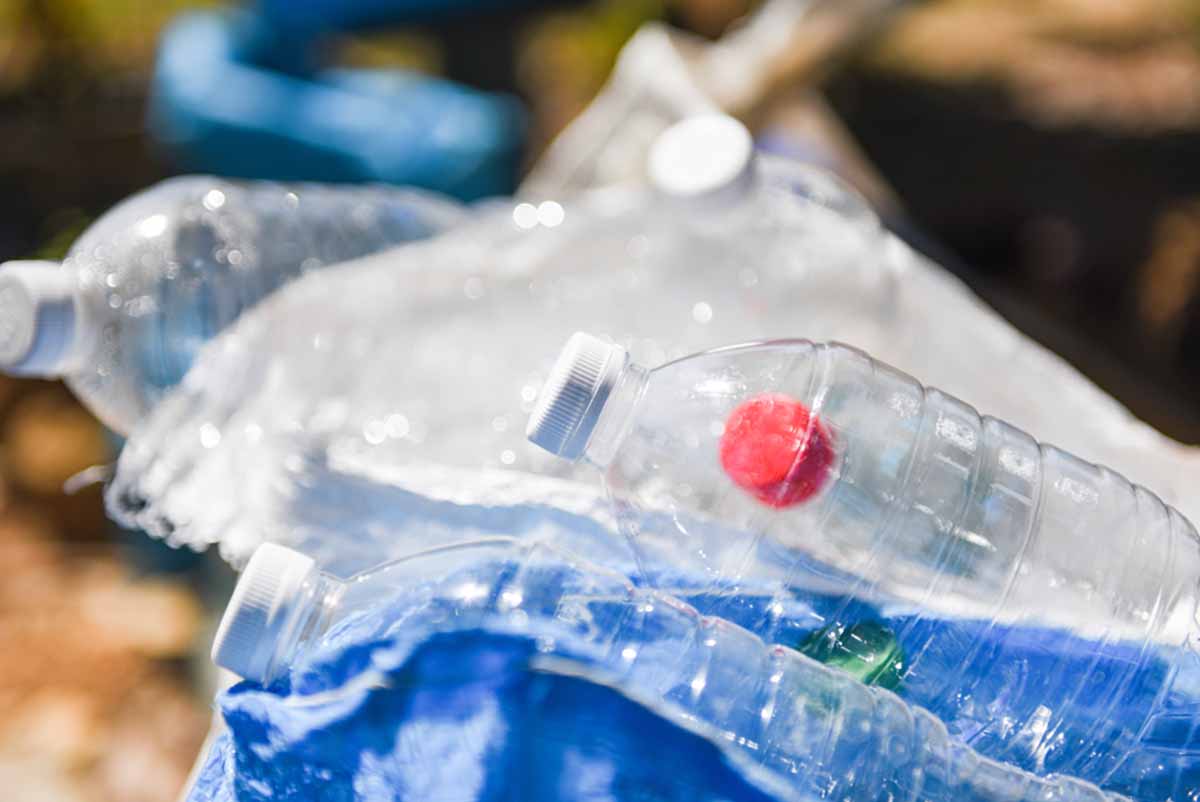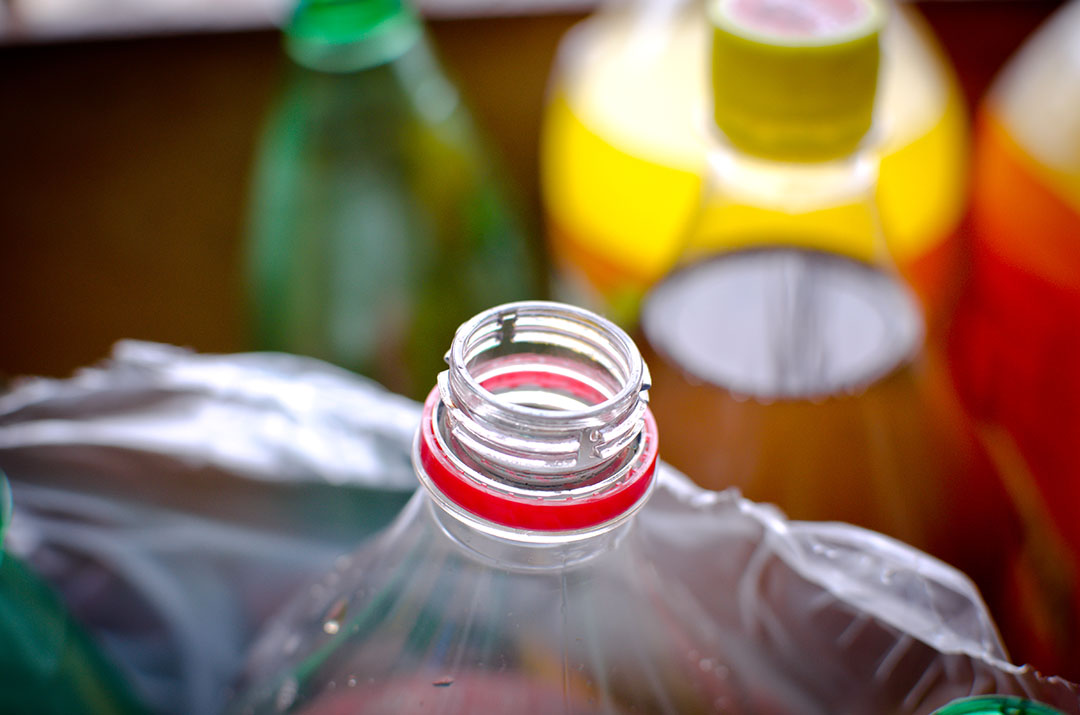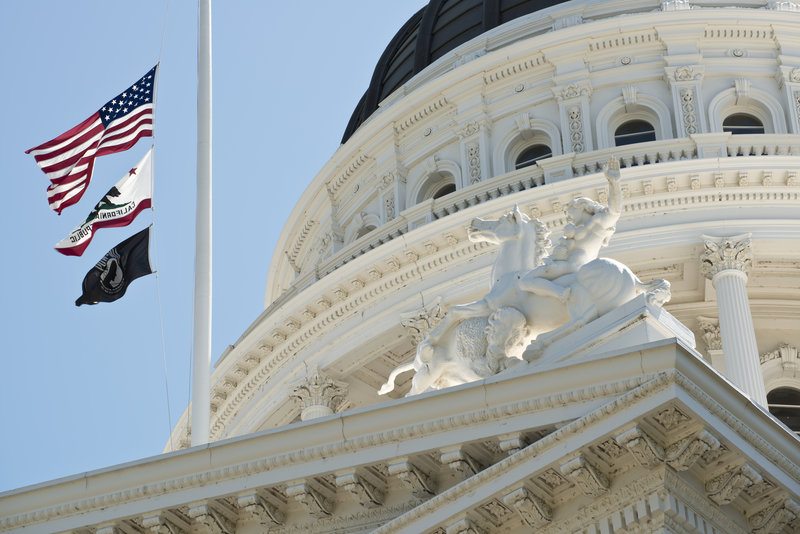
At PPRC in Chicago, industry experts warned that complex rules and demands will take years to refine as Oregon sets an early model. | Bob Pool / Shutterstock
At the Paper and Plastics Recycling Conference in Chicago, industry leaders said extended producer responsibility (EPR) programs for packaging are changing how the US handles residential recycling, but warned that uneven state rules will slow the transition.




